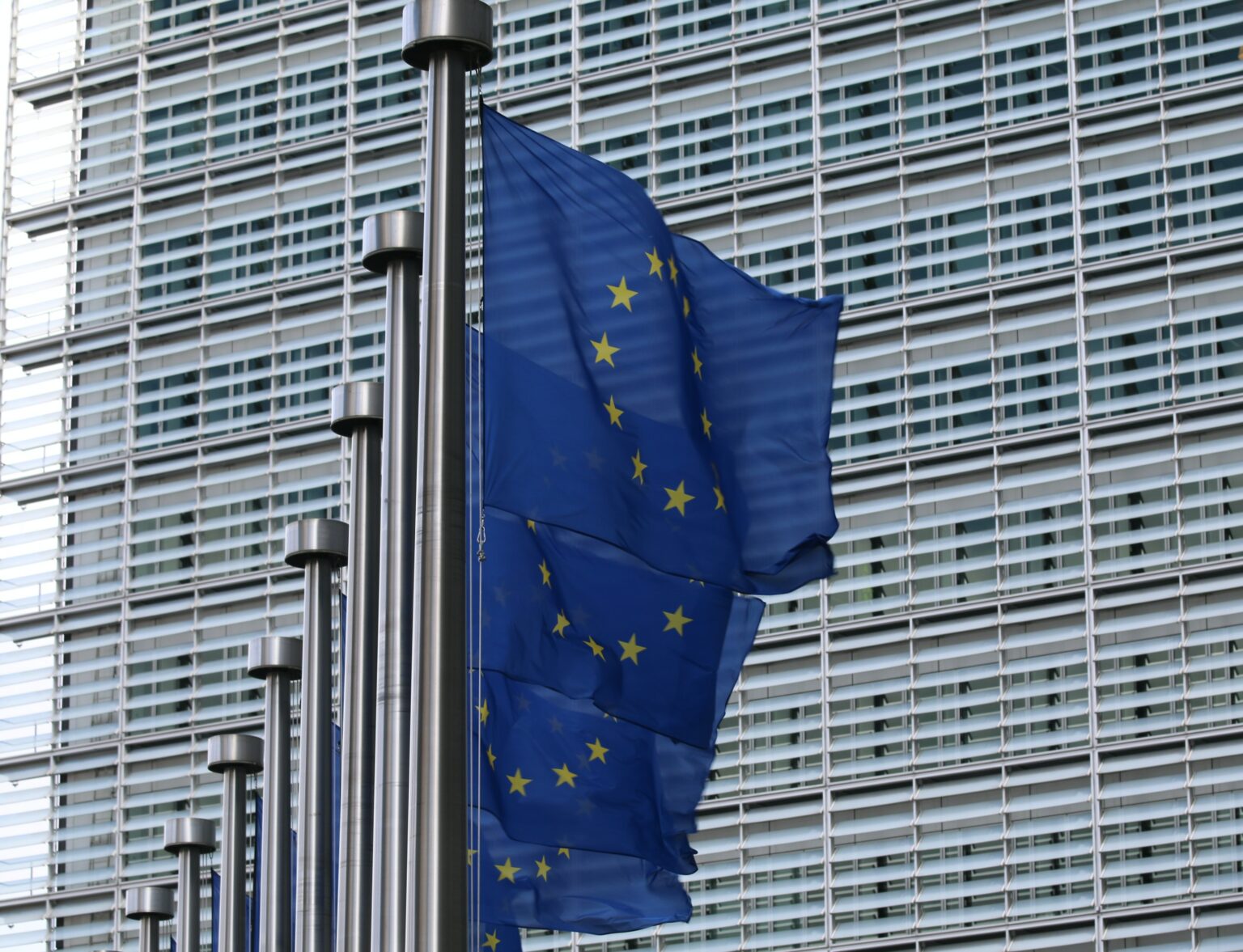A newly leaked draft from the European Commission, titled “The Clean Industrial Deal: A Joint Roadmap for Competitiveness and Decarbonisation,” has revealed a focused strategy on hydrogen within the broader initiative aimed at reducing carbon emissions and enhancing industrial competitiveness across Europe. This draft, which is part of a set of reforms scheduled for a phased rollout beginning in the first quarter of 2025, underscores the European Union’s commitment to integrating renewable energy solutions into its economic framework.
The draft details a series of legislative and financial actions designed to accelerate the uptake of renewable and low-carbon hydrogen, regarded as pivotal to achieving the decarbonization goals of the EU’s industrial sector. The Clean Industrial Deal specifically highlights several flagship actions for promoting hydrogen technologies. A notable feature is the adoption of the Low Carbon Hydrogen Delegated Act. This act is designed to provide regulatory clarity and certainty for investors, facilitating the transition to more sustainable energy sources without compromising market stability.
Further supporting this transition is the Renewable and Low-Carbon Fuels Delegated Act (RFNBO), which aims to assess the hydrogen framework’s effectiveness and identify barriers to scaling up renewable hydrogen. This initiative underscores the EU’s strategic priority to transition to cleaner energy sources by 2028, with an implicit readiness to revisit the act sooner if required. Such regulatory reviews are expected to address additionality and temporal correlation, ensuring hydrogen production remains cost-effective and environmentally sustainable.
Another strategic initiative highlighted in the draft is the proposed third call for projects under the European Hydrogen Bank in Q3 2025. This reflects the EU’s ongoing efforts to strengthen financial backing for hydrogen innovation, although specific budgetary allocations remain undisclosed. Additionally, the introduction of an “auctions-as-a-service” platform is expected to streamline processes, allowing Member States to redirect unused funds efficiently towards hydrogen projects. This move is in line with the EU’s broader objective of facilitating project financing and minimizing investment risks.
The draft also introduces a pilot program in collaboration with the European Investment Bank (EIB) to support corporate Power Purchase Agreements. This program will be launched in February, targeting long-term investments in new renewable electricity generation capacity. The involvement of the EIB, which includes counter-guarantee aspects for small and mid-cap businesses, signifies a strategic effort to de-risk PPA offtake agreements, thereby accelerating renewable energy investments.
The final key action proposed is the launch of the Hydrogen Mechanism in the second quarter of 2025 under the European Hydrogen Bank. This mechanism will serve as a crucial link, connecting offtakers and suppliers with necessary financing and de-risking instruments. It is expected to facilitate demand aggregation, particularly within high-consumption sectors like maritime and aviation. Through these efforts, the EU aims to solidify its leadership in the global hydrogen market while contributing to global decarbonization goals.
These measures collectively reflect the EU’s comprehensive approach to not only bolster its industrial competitiveness but also ensure that such growth aligns with sustainable energy practices. While the details outlined in the draft mark significant strides in policy, the timeline and execution of these initiatives will be critical to their success. As such, stakeholders across the EU are likely to closely scrutinize the outcomes of these proposed actions against the backdrop of global energy and economic shifts.
